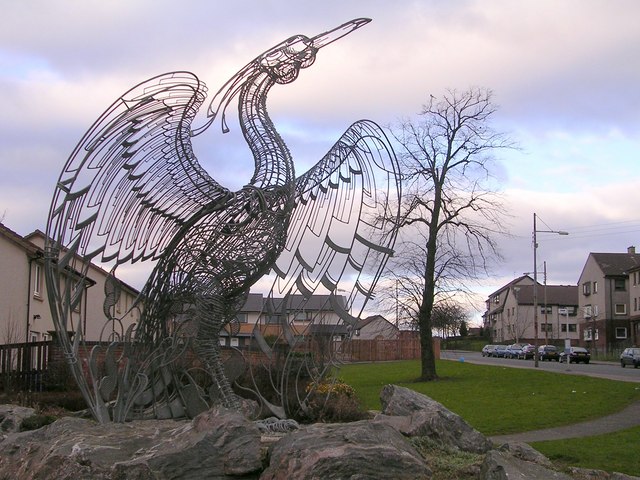Tonight’s the erotic reading circle at the Center for Sex and Culture, and I’m getting my promo materials together for the summer writing ourselves whole workshops, which will include the Monday night survivors writing workshop and a Tuesday night erotic writing workshop for survivors of sexual trauma. During a time when folks are struggling around money, are worried about the well-being of our planet and of our communities, I know it’s easy to question why anyone would devote precious time and energy to writing about sex. Why would someone join erotic writing workshop?
A couple years ago, I published the following wrangling with to that question in the Open Exchange magazine here in San Francisco:
Why an erotic writing workshop? The base of all Writing Ourselves Whole workshops is the trans-formative writing process, the option of opening up oneself into the heart of one’s experience. An erotic writing has opened, for me, an internal space for previously unexpressed desire, wish, need. This desire has not been confined to the erotic realm – I’ve found longings unrelated to sexuality rising to my surface, seeking expression and manifestation.

 I’m consistently inspired by these two facts: The ongoing reminder that every person has artistic brilliance inside that is seeking an outlet, and that community can web together to support one another – that we can collaborate around healing and individual/social transformation without needing MSWs or other clinical degrees. These have something to do with one another.
I’m consistently inspired by these two facts: The ongoing reminder that every person has artistic brilliance inside that is seeking an outlet, and that community can web together to support one another – that we can collaborate around healing and individual/social transformation without needing MSWs or other clinical degrees. These have something to do with one another.



 Transformative writing is writing that changes you in the process of its creation. A dictionary gives one definition of transform as “to change completely for the better.” Another definition: “to convert one form of energy to another.”
Transformative writing is writing that changes you in the process of its creation. A dictionary gives one definition of transform as “to change completely for the better.” Another definition: “to convert one form of energy to another.” The first question on the list:
The first question on the list: